A High Court judge has rejected Wellington woman Lecretia Seales' fight to die on her terms.
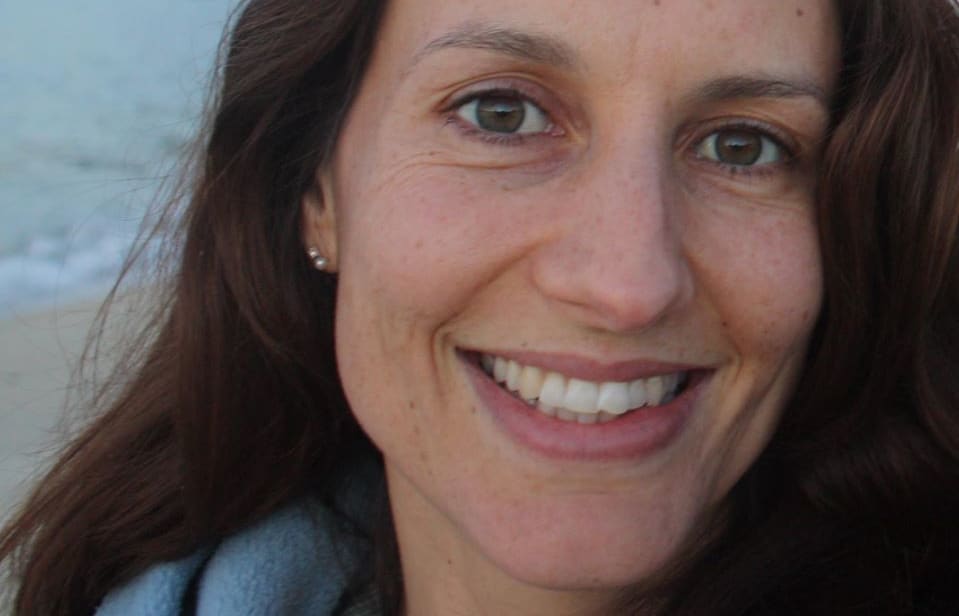
Lecretia Seales Photo: FACEBOOK
Justice Collins had notified of Ms Seales' family of an interim decision on Tuesday, given Ms Seales' declining health. She died at 12.35am today.
The legal team for the Wellington lawyer sought clarification in the High Court at Wellington on whether it would be an offence under the Crimes Act for her doctor to be able to help her die, and whether a ban on assisted dying contravened her human rights under the Bill of Rights Act.
But Justice Collins today rejected that.
"I am unable to issue any of the declarations sought by Ms Seales," he said in his finding.
"Although Ms Seales has not obtained the outcomes she sought, she has selflessly provided a forum to clarify important aspects of New Zealand law.
"The complex legal, philosophical, moral and clinical issues raised by Ms Seales' proceedings can only be addressed by Parliament passing legislation to amend the effect of the Crimes Act."
Read the media release from the High Court (PDF, 500KB)
Read Justice Collins' judgment: Seales v Attorney-General (PDF, 421KB)
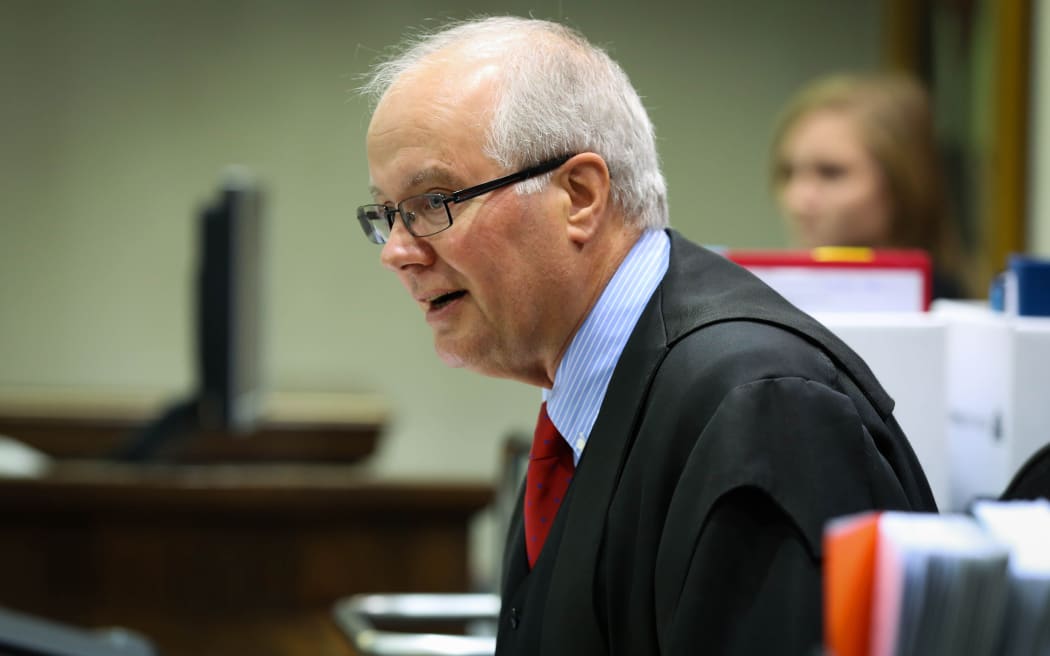
Justice Collins said Lecretia Seales had "selflessly provided a forum to clarify important aspects of New Zealand law". Photo: RNZ / Alexander Robertson
Ms Seales was diagnosed with brain cancer in 2011. It had left her paralysed down one side and rapidly losing her sight by the time her case was heard in the High Court from 25-27 May; days later she was fully paralysed.
Her oncologist said last month she likely had only weeks to live - a prediction proved right with her death at 12.35am today, surrounded by husband Matt Vickers and parents Shirley and Larry Seales.
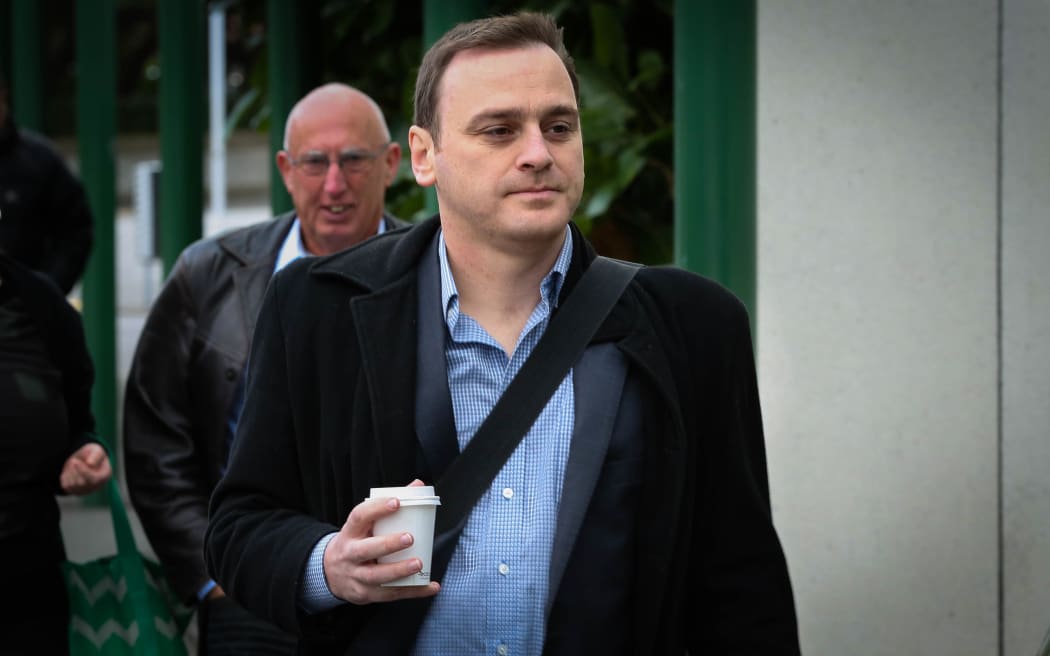
Lecretia Seales' husband Matt Vickers at the High Court in Wellington. Photo: RNZ / Alexander Robertson
Justice Collins said Ms Seales doctor would have been at risk of being prosecuted for either murder or manslaughter if she administered a fatal drug to Ms Seales intending to kill her.
She would have been at risk of being charged with assisting suicide if she provided Ms Seales with a fatal drug, intending for Ms Seales take that drug and if Ms Seales died as a consequence.
Ms Seales' legal team had likened her Bill of Rights Act argument to a similar case in Canada - which went in favour of the plaintiff - but Justice Collins said New Zealand's suicide laws were not the same as those in Canada.
Justice Collins expressed his "deepest condolences" to Ms Seales' husband, family and friends.
The arguments
Solicitor-General Michael Heron, QC, argued in court that New Zealand's constitution meant such changes had to be made through Parliament rather than through a court; Parliament had considered euthanasia three times in recent years and each time rejected a law change enabling it.
But Ms Seales' lead lawyer Dr Andrew Butler said sometimes ethics drove the law and sometimes the law drove ethics.
He said it would be wrong to leave the issue to Parliament to deal with.
"You cannot allow the Crown to come along and say 'leave it to Parliament to have a debate about it' when there's no prospect of such a debate occurring and there has never even been select committee hearings on the topic," Dr Butler told the court.
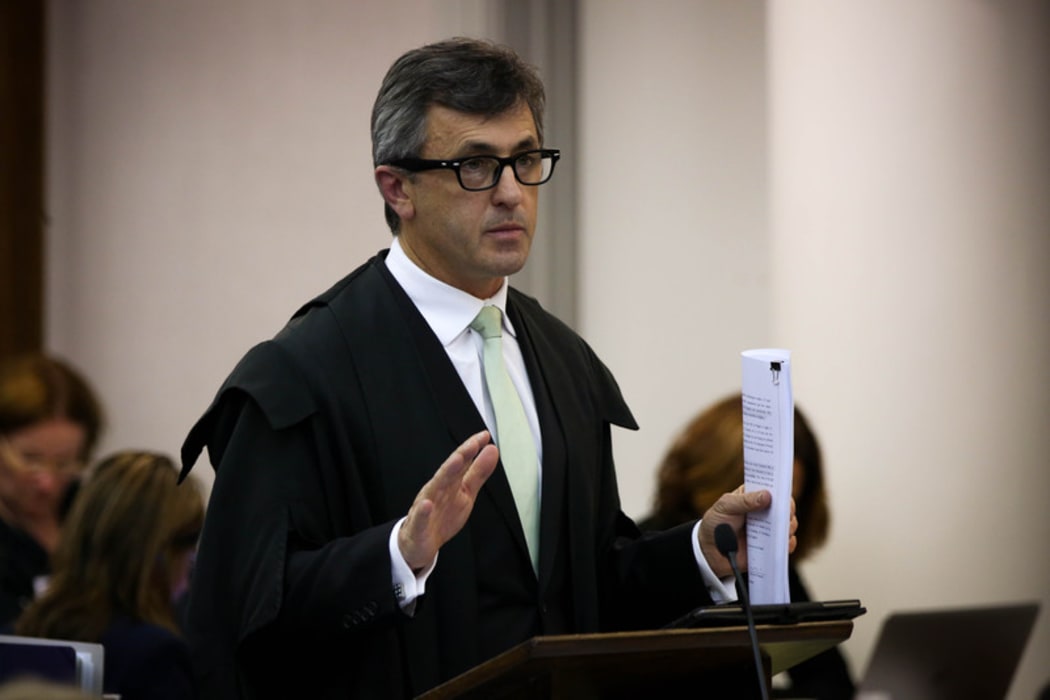
Solicitor-General Michael Heron, QC, speaking in the High Court. Photo: RNZ / Alexander Robertson
Similar cases overseas
The case had strong similarities to at least two others overseas, including that of terminally ill South African lawyer Robin Stransham-Ford.
A lower court there ruled earlier this year that a doctor could help Mr Stransham-Ford die but he passed away just hours before the finding was released.
In 2009, a 75-year-old man from Montana in the United States suffering from lymphocytic leukaemia won a lower court case for the right to die with his doctor's help. He died the day the court issued its decision.
That case was appealed to the Supreme Court, which found the consent of a terminally ill, competent adult protected a doctor who helped them die from prosecution.
The South African case is still going through the appeals process, as is one in the American state of New Mexico.
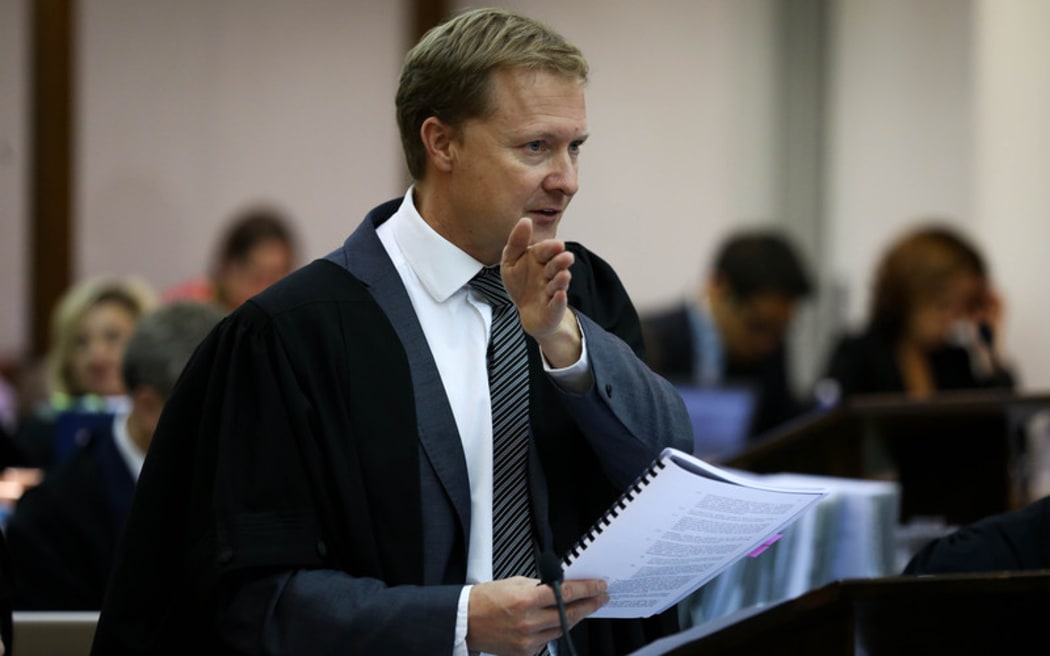
Lecretia Seales' lawyer Dr Andrew Butler Photo: RNZ / Alexander Robertson
However, Oregon, Washington State, Vermont and Montana all allow forms of doctor-assisted dying.
Just today, the California Senate approved a doctor-assisted suicide bill modelled on the Oregon law which would allow adults suffering from a terminal illness their doctor says will kill them within six months to get medication to end their lives.
In Canada, the Supreme Court lifted a ban on doctor-assisted dying earlier this year, saying if Canadians had the constitutional "right to life, liberty and security", they also had the right to end their lives.
The Canadian ruling applied to mentally competent people with a grievous and irreversible condition which caused endless physical or psychological suffering.
Their parliament has a year to draft legislation to that effect - and helping someone die remains illegal until it does.




